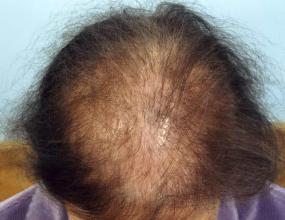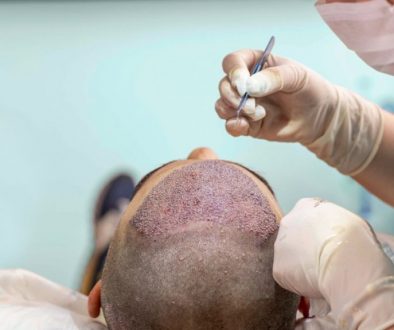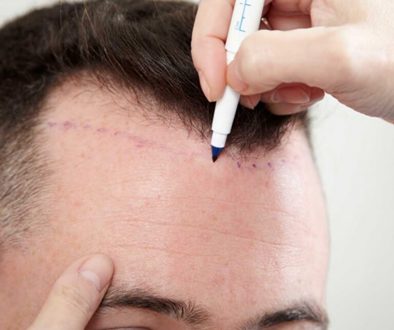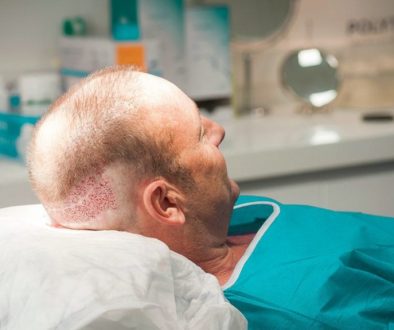Can Females Undergo Hair Transplant Surgery?
This question comes from a member of our hair loss social community and discussion forums:
I’m a female hair loss sufferer. I’ve tried a variety of different medications and therapies, but nothing seems to work. I’m now considering a surgical solution and wondering if I am a candidate for hair transplantation. Can females undergo hair transplant surgery?
 Yes, female patients can undergo hair transplant surgery. However, female pattern hair loss (FPHL) and androgenic alopecia (male pattern hair loss) are two very different conditions, and treating hair loss in women is often a more difficult task. Unlike male baldness, where hair sheds in patterns and leaves a viable donor region for transplantation, female hair loss is often diffuse and leaves a poor permanent donor region. This makes extraction of healthy follicular unit grafts more difficult.
Yes, female patients can undergo hair transplant surgery. However, female pattern hair loss (FPHL) and androgenic alopecia (male pattern hair loss) are two very different conditions, and treating hair loss in women is often a more difficult task. Unlike male baldness, where hair sheds in patterns and leaves a viable donor region for transplantation, female hair loss is often diffuse and leaves a poor permanent donor region. This makes extraction of healthy follicular unit grafts more difficult.
Female hair loss may also be caused by a variety of complicated issues. Unlike androgenic alopecia, which is universally caused by a sensitivity to dihydrotestosterone (DHT) hormone, female hair loss can be attributed to a variety of hormonal imbalances, low blood levels, menopause, hair styling (though this is normally temporary), low iron, and other issues. Females of childbearing age are also unable to utilize finasteride (Propecia), which decreases the options for preventive medications. This means female patients must be thoroughly examined by specialized physicians (usually either endocrinologists or dermatologists) and carefully use other preventive methods before considering surgery.
Hair transplant surgery can also be a more complicated task for female patients. Not only do most females suffer from large, diffuse balding patterns, but surgeons are likely unable to shave down the recipient scalp for graft implantation and must pay careful consideration to the unique female hairline design.
If all these elements are taken into consideration, female hair loss sufferers can undergo hair transplant surgery. However, they must confirm the cause of their hair loss – with the help of physician specialists – before undergoing surgery and consult with hair transplant surgeons experienced in female surgery.
_______________
Blake Bloxham – formerly “Future_HT_Doc”
Editorial Assistant and Forum Co-Moderator for the Hair Transplant Network, the Hair Loss Learning
Center, the Hair Loss Q&A Blog, and the Hair Restoration Forum
Follow our community on Twitter
Watch hair transplant videos on YouTube
Technorati Tags: hair loss, female hair loss, hair transplantation, hair transplant, hair transplant surgery, female pattern hair loss, androgenic alopecia, male pattern hair loss, DHT, finasteride, Propecia, female hair loss sufferers



